
1,065
View Article
Due to their past lifestyle, the majority of off-the-track Thoroughbreds will have ulcers and some type of digestive imbalance. On the racetrack, Thoroughbreds experience an intense training schedule. Their diets often consist of large amounts of grains that are high in starch and sugar, which can cause the digestive tract to become unhealthy.
» View Article

322
View Article
Transitioning an off-the-track Thoroughbred (OTTB) to a new career can result in a host of nutritional challenges. Trying to determine which supplements will best suit your OTTB may be confusing. We’ve developed a helpful infographic and 6-part blog series that outlines the many challenges.
» View Article
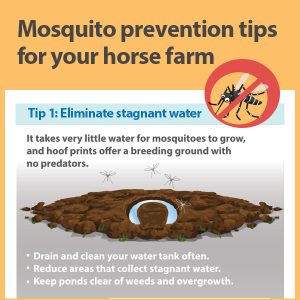
488
View Article
Mosquitoes are not just annoying; they pose a health risk for your horses. Mosquitoes spread several neurologic diseases: West Nile...
» View Article

156
View Article
Article re-posted with kind permission by Equine Guelph: http://equineguelph.ca/index.php Story: Jackie Bellamy-Zions The sun is shining, birds are singing, flowers are...
» View Article
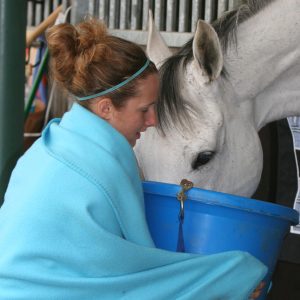
92
View Article
Love takes many forms Approaching the barn you slide the heavy, hanging door back and the deep rumble sets off...
» View Article
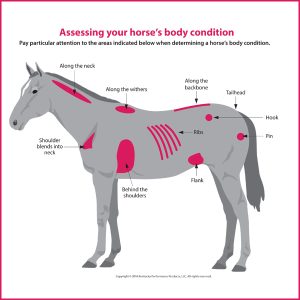
9,869
View Article
Spring has sprung and it is time to evaluate how your horse made it through the winter and revise your...
» View Article
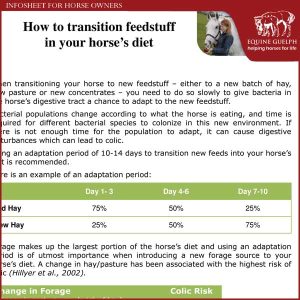
188
View Article
Article re-posted with kind permission by Equine Guelph: http://equineguelph.ca/index.php When transitioning your horse to new feedstuff – either to a new...
» View Article
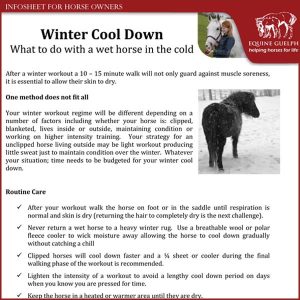
178
View Article
Click here, to learn more about winter cool down and what to do with a wet horse in the cold....
» View Article

83
View Article
The life of a domestic horse requires consumption of hay and often grain to provide enough energy for the tasks...
» View Article

1,144
View Article
Dehydration can be as much of a problem in winter as it is in the summer. Horses need to drink...
» View Article

1,281
View Article
As equine athletes, our horses constantly run the risk of injury. When injury occurs, the horse is faced with a...
» View Article
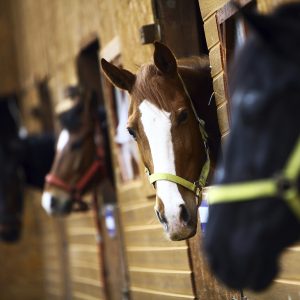
526
View Article
Night checks are a very important part of horse care. Topping off water buckets, providing additional concentrate to hard keepers,...
» View Article

124
View Article
Article re-posted with kind permission by Equine Guelph: www.equineguelph.ca Story by: Jackie Bellamy-Zions If you enjoyed Equine Guelph’s Plan A Head...
» View Article
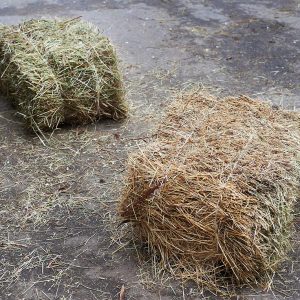
432
View Article
Never cut back on hay to reduce calorie intake; instead, change to a more mature grass hay that will provide...
» View Article
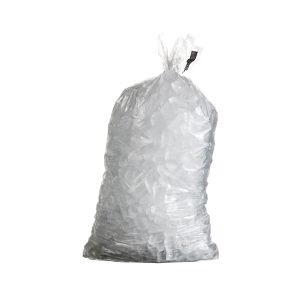
198
View Article
When treating laminitis, cooling the hoof wall to between 40 and 50 degrees Fahrenheit for 48 to 72 hours can...
» View Article

69
View Article
Article re-posted with kind permission by Equine Guelph: www.equineguelph.ca Story by: Jackie Bellamy-Zions Hiding pain is one of the top...
» View Article
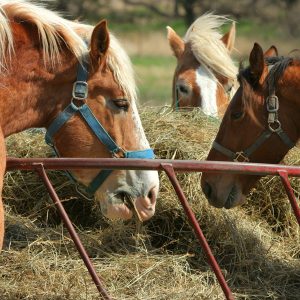
3,419
View Article
Six indicators to look at when deciding which hay is best for a mature horse: 1) Digestible Energy (DE) is...
» View Article
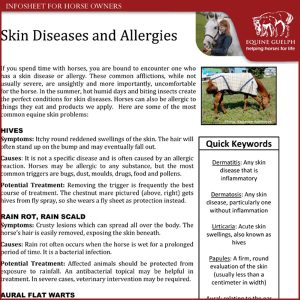
297
View Article
Click here, to learn more about common skin diseases and allergies in horses. Article re-posted with kind permission by Equine...
» View Article

781
View Article
Horses with white or light-colored skin are more susceptible to sunburn. It is important to limit your horse’s exposure to...
» View Article
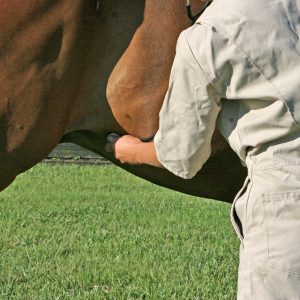
26,202
View Article
One way to determine if your horse is normal and healthy is to evaluate the rumblings of his gut. The...
» View Article
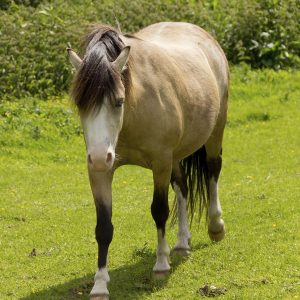
315
View Article
Many owners are unaware that a handful of concentrate a day does not come close to providing all the nutrients...
» View Article
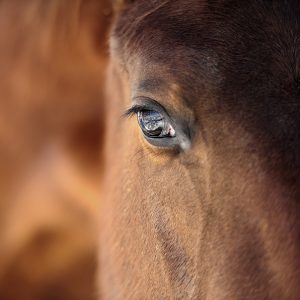
100
View Article
A study in the UK tested the eyesight of 333 horses. It noted that only 68% of horses have perfect...
» View Article

301
View Article
Article re-posted with kind permission by Equine Guelph: http://equineguelph.ca/index.php Story by: Barbara Sheridan In the management of horse health, injuries and...
» View Article
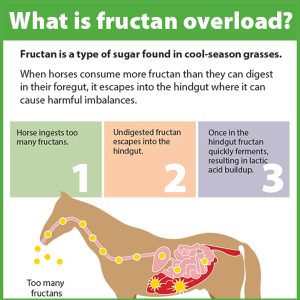
785
View Article
Fructan is a type of sugar found in cool-season grasses. When horses consume more fructan than they can digest in their foregut, it escapes into the hindgut where it can cause harmful imbalances.
» View Article

























